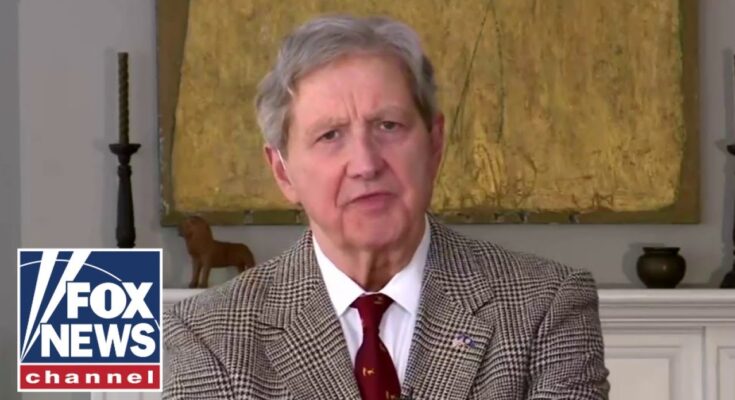Can a Polygraph Test Detect Lies?
Sen. John Kennedy recently made a curious statement, wondering whether a polygraph test would “explode” if Kamala Harris walked by. This raises the question – can a polygraph test really detect lies accurately? Let’s delve into the world of polygraph tests to uncover the truth behind their reliability.
What is a Polygraph Test?
A polygraph test, also known as a lie detector test, measures physiological responses such as heart rate, blood pressure, respiration, and skin conductivity while a person answers a series of questions. The underlying premise is that when someone lies, their body exhibits signs of stress which can be detected by the polygraph machine.
The Science Behind Polygraph Tests
Polygraph tests are based on the assumption that lying causes a stress response in the body, leading to changes in physiological parameters. However, these responses can also be triggered by other factors such as anxiety, fear, or nervousness. This raises doubts about the accuracy of polygraph tests in detecting lies.
Limitations of Polygraph Tests
Despite being widely used in criminal investigations and pre-employment screenings, polygraph tests have several limitations. One of the main criticisms is the lack of scientific evidence proving their reliability. The American Psychological Association states that there is insufficient research to support the accuracy of polygraph tests in detecting lies.
Can Polygraph Tests Detect Lies with 100% Accuracy?
The short answer is no. Polygraph tests are not foolproof and can produce false results. Factors such as the examiner’s interpretation of the results, the subject’s mental state, and the testing environment can all influence the outcome of a polygraph test. This raises concerns about using polygraph tests as a definitive method for detecting lies.
The Kamala Harris Scenario
Coming back to Sen. John Kennedy’s statement about Kamala Harris potentially causing a polygraph test to “explode”, it highlights the skepticism surrounding the accuracy of polygraph tests. While it may have been said in jest, it does raise interesting questions about the reliability of polygraph tests in real-life scenarios.
Alternative Methods for Detecting Lies
In light of the limitations of polygraph tests, researchers are exploring alternative methods for detecting lies. Techniques such as eye-tracking, voice analysis, and brain imaging are being studied as potential tools for detecting deception. These methods offer new insights into the complex nature of lying and may provide more accurate results than polygraph tests.
Conclusion
In conclusion, Sen. John Kennedy’s playful remark about Kamala Harris and the polygraph test sheds light on the challenges of detecting lies accurately. While polygraph tests are widely used in various fields, their reliability remains a subject of debate. As technology advances, new methods for detecting deception are emerging, offering hope for more accurate and reliable lie-detection techniques in the future.
Next time you hear about a polygraph test, remember that the truth may not be as straightforward as it seems. Can a polygraph test really detect lies? The answer may be more complex than we think.



